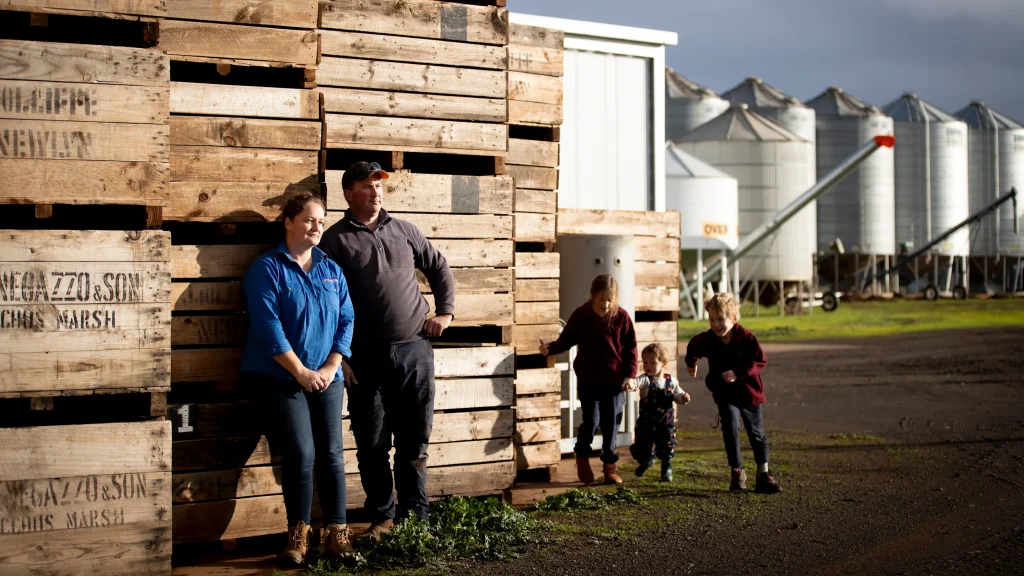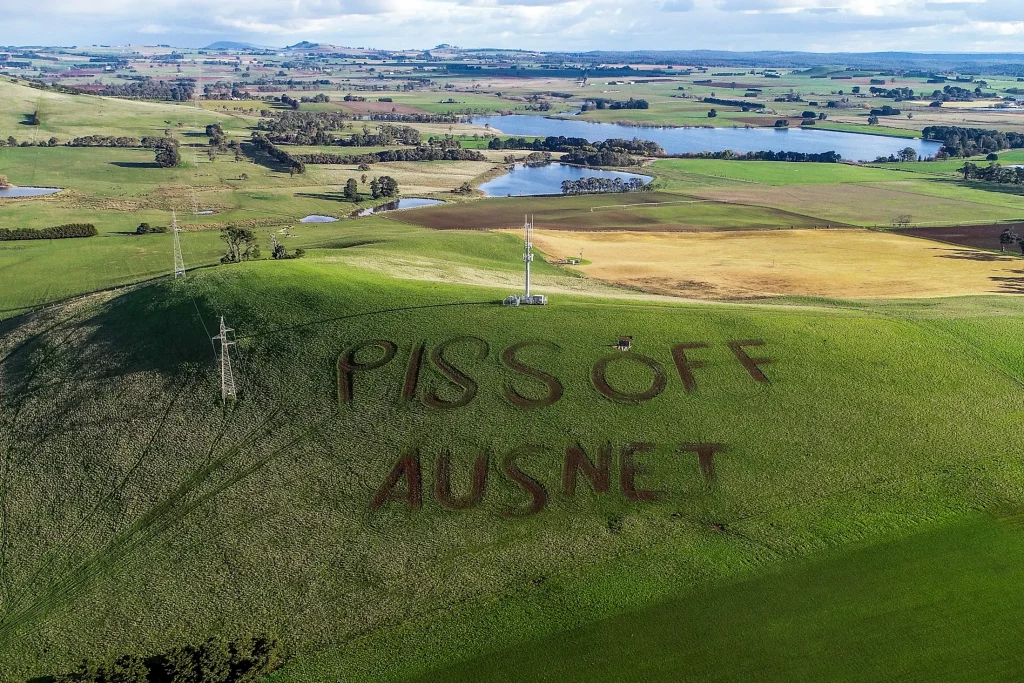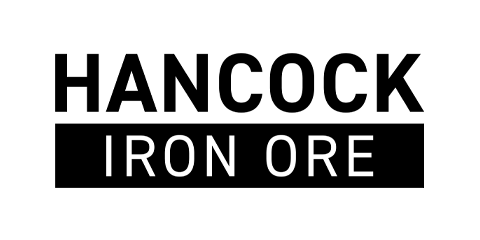
Article by Sumeyya Ilanbey, courtesy of Financial Review
28.07.2025

For almost five years, communities in western Victoria have been locked in a fierce battle over a proposed 190-kilometre transmission line that would carry renewable energy from the regions into Melbourne.
They say they have been lied to, manipulated and gaslit by AusNet, the company delivering the project; the Australian Energy Market Operator which manages transmission in Victoria; and the state Labor government.
Any remaining trust was dealt a significant blow when the Allan government last month introduced a bill to parliament that would give VicGrid the power to access private farmland if deemed necessary to build transmission towers as high as 85 metres.
Individuals who resist face fines of up to $12,000, while body corporates could be hit with penalties of up to $48,000.
Katherine Myers, whose family owns a potato, sheep and cereal crop farm in Tourello, near Ballarat, says it is impossible to overestimate the level of impact it is having on people.
“The connection farmers have to their land is incredibly strong, and it goes far beyond the economic – and even beyond social – it’s quite a spiritual connection to do with history and future. Promises of the past and the hope for the future.”
She fears the proposed powers will take the antagonism to new heights.
Myers will join thousands of others to protest against the National Electricity (Victoria) Amendment (VicGrid State 2 Reform) bill on the steps of the Victorian parliament on Wednesday as MPs inside debate.
AEMO has identified the 190-kilometre Western Renewables Link, which would run from Sydenham in Melbourne’s western suburbs to Bulgana near Ararat across some of the country’s most fertile farming lands, as key to unlocking the increasing amount of renewable energy being produced in the state’s west.
The slow pace of the rollout of transmission projects, including delays to the VNI West project between Victoria and New South Wales, is posing risks to Victoria’s energy security, especially with the planned 2028 closure of EnergyAustralia’s Yallourn coal-fired power station.
But Professor Bruce Mountain, director of the Victoria Energy Policy Centre, says “radically increasing the rights of the government” to forcibly enter into people’s properties is unnecessary for the energy transition.
Two years ago, he accused the AEMO of badly underestimating the cost of building the VNI West and Western Renewable Link and had not taken into account the billion of dollars in other transmission upgrades that would flow on from it. He says the Victorian government should use, and upgrade, existing transmission lines instead.
“The farmers are within their rights on their land use,” Mountain says. “AEMO’s plans were developed a long time ago – the first blueprint was established in 2010 – and there’s no good reason, engineering or economic, for the state government to put forward the plans they have. It’s an ideological perspective of the transition system.”

Under the proposed legislation that will be debated this week in the Legislative Assembly, where Labor commands a thumping majority, VicGrid’s powers will be further strengthened as the “body responsible for the planning and development of Renewable Energy Zones and transmission infrastructure in Victoria”.
The responsibility for the transmission network planning will also be transferred from AEMO to VicGrid.
NEXA Advisory principal Stephanie Bashir says Victoria is facing an “energy crisis” and desperately needs to ramp up the build out of transmission lines, but adds forced land acquisitions proposed by the Allan government eroded trust.
“Nobody wants to see the lights go out on their watch, but forced land acquisition will deteriorate positive community engagement,” Bashir says.
“Instead, it is critical that all levels of government work together to ensure a better approach to the transition. The federal tax treatment of state-based payments to infrastructure landowners must be properly worked through to ensure the ultimate amount in their pocket is meaningful and appropriate.”
A Victorian government spokesman said Mountain’s plans did not stack up and would result in less renewable energy generation. He said compulsory land acquisition already existed under current legislation, but the bill was proposing to ensure the powers could be effectively enforced.
“Authorised officers will always work with landowners before accessing land – this legislation will prevent inappropriate behaviour from private transmission companies and brings Victoria in line with other jurisdictions including NSW,” the spokesman said.
“We created VicGrid to lead community consultation on the development of our Renewable Energy Zones and new transmission infrastructure to protect energy security, as well as food and water security, and ensure communities are consulted early in the planning process.”
Victorian Farmers Federation president Brett Hosking wrote to all state MPs on Monday, pleading with them to vote against the bill. He told The Australian Financial Review his members supported the energy transition but were frustrated by authorities’ lack of engagement with locals.
Hosking says the relationship between rural communities, governments and energy developers had been so badly damaged, it would take years to repair.
“If we truly want to reduce emissions this decade, we must start by respecting the people who manage and care for the land,” Hosking wrote. “Farmers already protect biodiversity, steward water resources, and produce the food and fibre our society relies on.”
The opposition will vote against the bill and has vowed to repeal the legislation in its current form if it wins next year’s state election. Energy spokesman David Davis described the proposed powers as an “undemocratic overreach”.
“It is possible to strongly support a transition, but that doesn’t mean the power to give anything … there needs to be bounds on this,” Davis said. “Why do they need these extraordinary powers?
“The government is panicked because of its own incompetence and the solution for them, it seems, is to take a big stick to rural communities.”
An AusNet spokeswoman said the company had introduced an enhanced compensation and benefits sharing framework, reflecting its commitment to working collaboratively with landholders to voluntarily enter properties.
“While this change in legislation demonstrates the importance of new transmission projects to support Victoria’s transition to renewable energy, accessing property under legislated powers remains a last resort for AusNet on the Western Renewables Link project,” a spokeswoman said.



